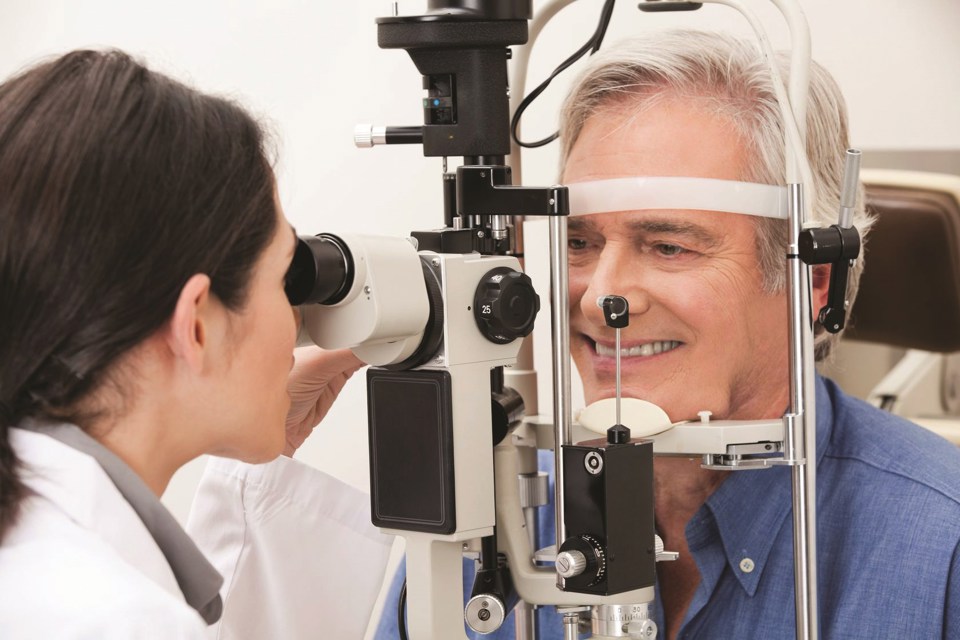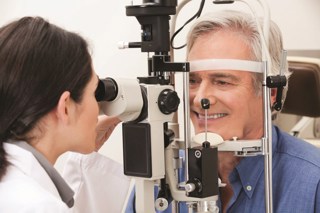One in four motorists said they were not very confident or not confident at all that they would be able to read a number plate from that distance, research from Venson Automotive Solutions suggests.
The worrying results come after police launched a crackdown on poor driver eyesight this month. Three police forces – Thames Valley, Hampshire and the West Midlands – will require all drivers stopped to read a number plate from 20 metres.
Motorists who fail the eyesight test after being stopped will have their licences revoked on the spot.
Simon Staton, director of client management at Venson Automotive Solutions, said: “The fact that only 39% of respondents were very confident they would be able to read a number plate from 20m (65ft) away is very worrying. By law this check is only required before a person takes their practical test, there is no further legal requirement to check it again.”
In previous research conducted by Venson, 70% of motorists surveyed confirmed they had started wearing glasses or contact lenses since passing their driving test. It is however impossible for a fleet manager or business to monitor any changes to a driver’s vision, especially if they are then required to wear glasses or contact lenses for driving, unless a robust checking system is in place.
Keith Bell, from the Royal Society for the Prevention of Accidents (RoSPA), said: “Legally, if the driver of a car can read a newer-style number plate (2001 or later) from 20m away, with or without glasses or contact lenses for long or short-sightedness, they are classified as meeting the standards of vision for driving, but must wear their glasses or contact lenses when driving, if necessary, to read the number plate.”
Employees who drive as part of their job role must have regular eyesight tests, under current EU legislation, and the employer has a duty of care responsibility to confirm they are fit to drive – this includes passing the eyesight requirements.
Any employer found to be in breach of these rules, and therefore putting their employee and other road users at risk could be prosecuted.
Staton said: “No business can afford to have an employee’s driving licence revoked on the spot. We therefore advise fleet managers and those responsible for duty of care for employees driving for company business, to ensure regular eyesight tests take place and any changes in circumstances documented. This will reduce risk of business liability as well as increase safety on our roads.”
Venson’s warning comes at the start of National Eye Health Week, from September 24-30.
With a record number of older people in employment, they are being urged to make their eye health a priority as pension entitlement ages increase.
Official figures show that there are now more than 1.2 million working Brits over the age of 65, with a further 500,000 expected to be in employment by 2030, as people continue to live longer and healthier lives.
As the over 65s are almost twice as likely to develop an eye health condition, such as glaucoma or cataracts, that could significantly hinder their ability to do their job effectively, Specsavers and sight loss charity, the Royal National Institute of Blind People (RNIB), are campaigning to urge Britain’s ageing workforce to take their eye health seriously.






















Login to comment
Comments
No comments have been made yet.